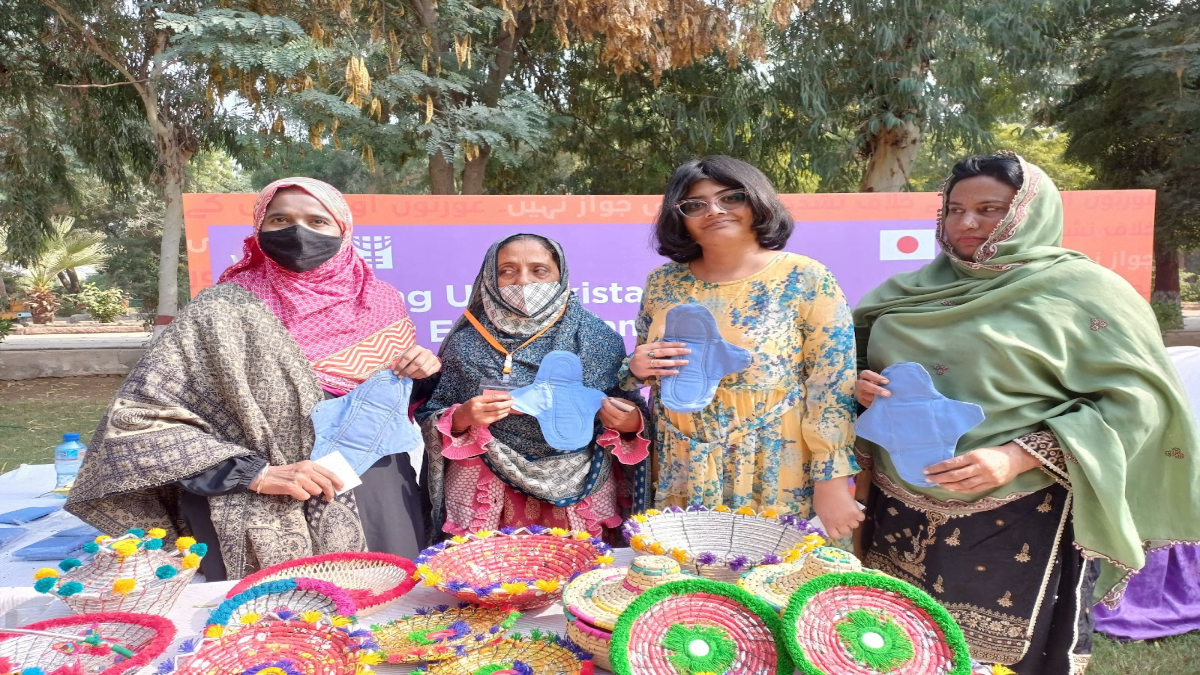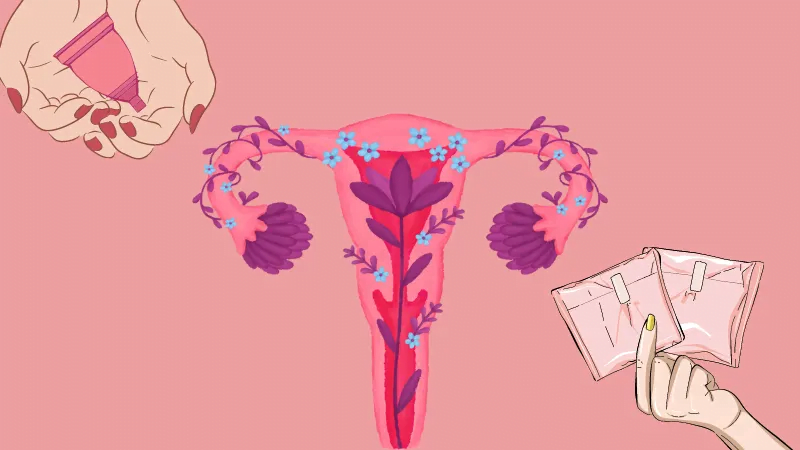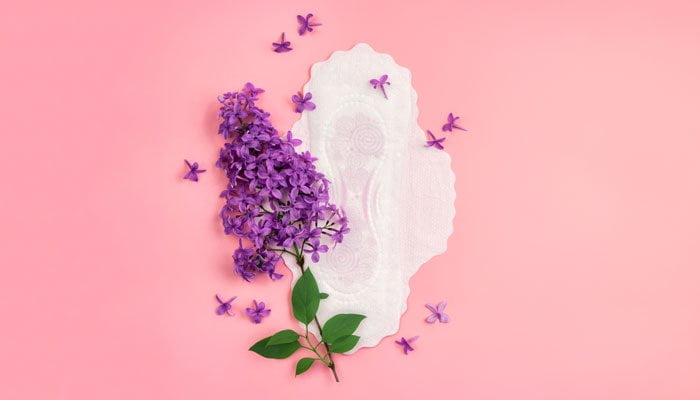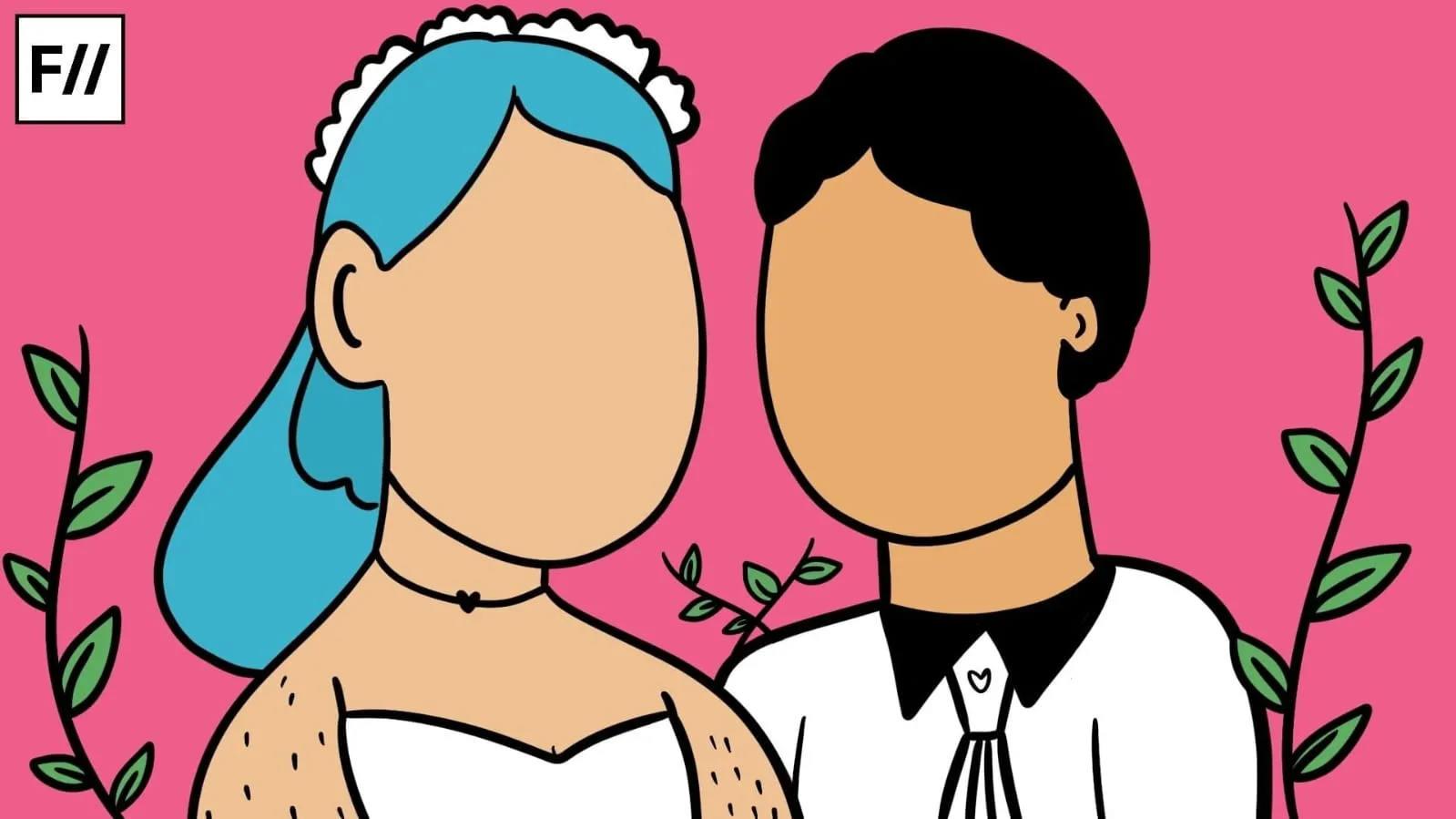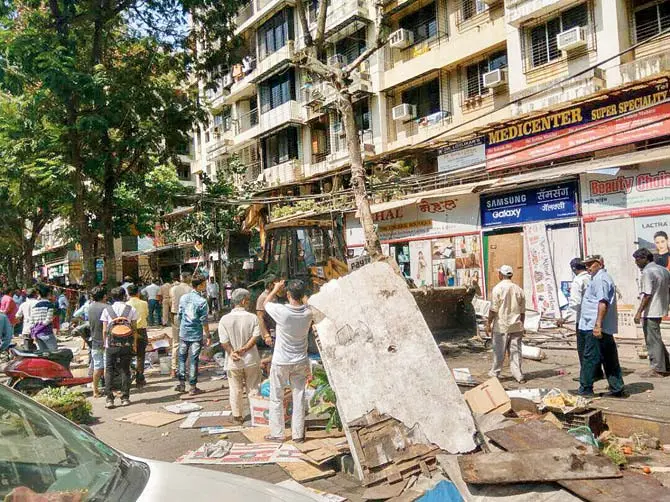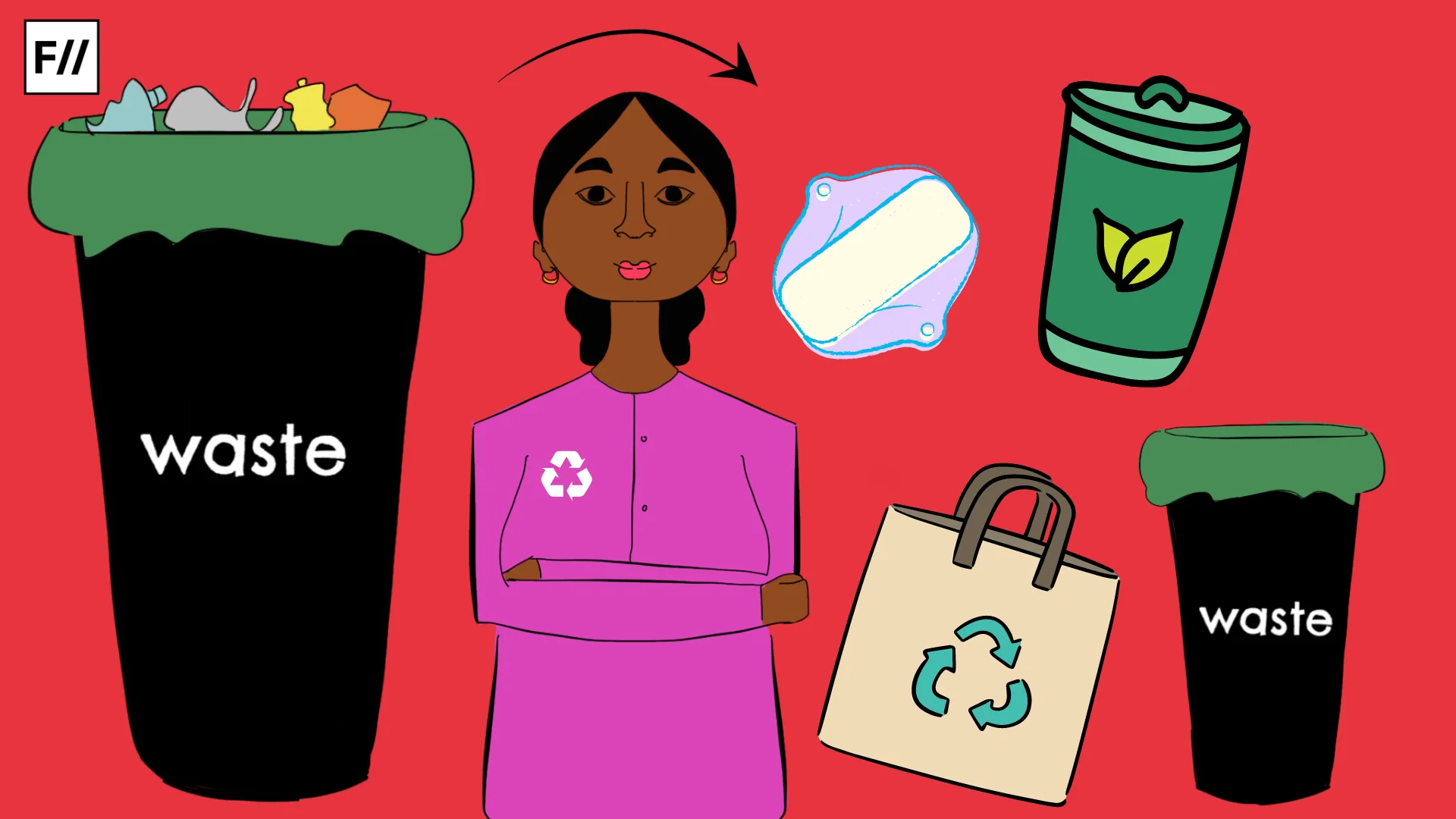In Pakistan and the rest of South Asia, there’s a long-standing taboo about menstruation. People believe it brings misfortune or impurity, leading to restrictions on handling food or taking part in religious ceremonies. As a result, nobody talks about it or educates girls so they are prepared before their first period and have access to menstrual products like pads.
According to a UNICEF poll, almost half (49%) of girls had no idea about menstruation before their first period, whereas 44% lack access to basic facilities for menstrual hygiene at home, workplace or school.
According to a UNICEF poll, almost half (49%) of girls had no idea about menstruation before their first period, whereas 44% lack access to basic facilities for menstrual hygiene at home, workplace or school.
While a lot has been done to educate women by initiating menstrual hygiene awareness campaigns at state level and NGO level by people like Bushra Mahnoor (Co-founder, Mahwari Justice) who distributed 50k menstrual kits to women in flood-affected areas and Team MAI who created a menstrual health awareness app, the gap that still needs to be filled to provide access to adequate information and products to help feminine hygiene is still massive. Therefore, such solutions behave more like stopgaps, and the need for a more tangible solution still exists.
Attempts to find that solution led FII to Moen-Jo-Daro where we had the privilege of meeting three inspiring women, Perveza, Gul Shama and Raheela, who are actively involved in raising awareness about menstruation and creating an innovative new solution to help solve this problem locally and perhaps someday even globally.
A ray of hope: beyond the humble cloth rag
Hailing from UC Long Bhatti, Rohrri, an administrative enclave in Sukkur, Perveza, Gul Shama and Raheela are powerhouses of talent, drive and passion. In a region of Pakistan, where women rarely see the light of day outside of their homes after being married, these women are shattering multiple glass ceilings, by being active in their community. They are mavericks in their own rights by daring to engage in commercial activities at large scale, something that is still very rare in that part of the world, where women are still only considered child-rearers and home-keepers.
They began crafting handmade items and, upon discovering more advanced sanitary options from the outside world, switched to commercial pads. This experience led them to recognise the demand for affordable and reusable alternatives, as popular brands like Always and Butterfly are costly and require frequent disposal, posing a challenge for women in their villages.
In their pursuit for a more effective solution, which was supported by the UN Women initiative, they were able to produce a new and innovative product that has the potential to create an entirely new cheap reusable sanitary pad market.
Sustainable menstrual hygiene solution
Their pads are made from four different layers. The top layer of the pads is composed of soft cotton, the inner layer – the synthetic fibers. Inside it is non-woven fabric, and there is another sheet inside made of microfleece, preventing leakage. They are soft, easy-to-use and can be washed multiple times, without any hassle.
This ability to wash and renew the product for future use makes their product way more sustainable and ecological compared to commercial products in the market that are neither commercially or ecologically viable.
This ability to wash and renew the product for future use makes their product way more sustainable and ecological compared to commercial products in the market that are neither commercially or ecologically viable.
The women are acutely aware of the ecological impact of their product, with Raheela saying this when asked why they made their pads reusable:
‘[Our pads] can be used by washing them repeatedly, which will keep the environment safe and us as well.’
Not just ecologically safe, but the pads are affordable too
In addition to ecological sustainability, affordability is also at the heart of the creation of these products. The affordability of these pads is a key aspect of their appeal. Priced at PKR 50 (INR 15) each, they stand in stark contrast to commercial brands such as Always, Butterfly and Trust Wings, which can cost between PKR 80 (INR 23) to PKR 100 (INR 29) per pad.
As per Gul Shama,
‘We often encounter people from the city who repeatedly discard the sanitary pads. leading to a waste of money. That’s why we started making cloth pads for underprivileged women. Our pads can be reused, unlike the ones bought from the market that are used only once and thrown away, causing repeated expenses.’
Talking about the price, Rahila further said,
‘We earlier priced them at Rs 80 (INR 23), but then after realising they would be too expensive for the women of villages, we lowered their cost to Rs 50 (INR 15).’
Currently, they sell their products through small-scale exhibitions in villages but have plans to expand marketing through local shops and social media sites in Pakistan and beyond.
Potential impact of this initiative
Even in its initial phases, the project is making significant economic contributions. Firstly, it provides the trio with an opportunity to create and sell a product that is genuinely needed in their community, enabling them to earn a living. Secondly, women in the villages using these pads also experience economic benefits. Instead of spending a substantial amount on disposable products, they now have access to cheap and reusable pads. Additionally, the involvement of approximately 200 other women in the pad-making process creates job opportunities for them, contributing to their economic well-being.
On the cultural front, the project is addressing the challenge of openly discussing menstruation and the importance of menstrual hygiene.
On the cultural front, the project is addressing the challenge of openly discussing menstruation and the importance of menstrual hygiene. There are many villages in Pakistan where women still use rags and cloth during menstruation, exposing themselves to various reproductive and urinary tract infections.
A research paper from LUMS University underscores the severity of the issue, with 97 percent of gynecologists asserting that unhygienic sanitary practices increase the likelihood of reproductive tract infections by 70 percent. Perveza, Raheela and Gul Shama are actively raising awareness about menstrual hygiene through their training sessions, aiming to break the silence around this normal aspect of women’s health with their product.
‘We will distribute these [pads] to women in villages for free because they are not aware of the benefits. In villages, women use regular cloth, which is not suitable for them. We educate them on the advantages of using these pads for comfort when they go out’, said Perveza.

This grassroots effort mirrors broader issues of women’s rights and gender equality in Pakistan. By addressing menstrual hygiene, a traditionally overlooked aspect of women’s health, the venture challenges societal norms that contribute to gender disparities. It promotes the idea that women have the right to access affordable and safe menstrual hygiene products, contributing to a more equitable society.
Role of policy and external support in the work of the Padwomen
Policy and external support are the backbone of what Gul Shama, Raheela and Perveza are doing. The right policies and backing from external sources would give wings to their mission. These policies can create an atmosphere where they get financial support or some official thumbs-up, boosting women’s health and financial empowerment.
There’s also external support, the kind that comes from non-profit groups or the government. They bring in the funds, expertise, and visibility – things that can really give a turbo boost to what the trio is working on. It’s not just about their local effort; it’s about weaving their work into bigger initiatives that are tackling women’s rights and gender equality on a national level.
UN Women Pakistan has stepped in to help them. They have set up a hub with sewing machines, helped with online and offline marketing, tossed in some manufacturing gear, and made sure they had the materials they needed.

But, they need more support from policy-makers and big organisations on how to market or package their product, and reach more people, especially on big platforms like Amazon or Daraz. They need someone to give a shout out to their product, help them launch a website and find the right materials.
Just a push needed to go national then perhaps worldwide
Gul Shama put it straight: ‘We need a hand from the outside. To get these pads out there, to find the materials – it’s a big job. Drop us a message on WhatsApp if you want to order. With about 200 women in our village, we can whip up 100 pads a day.’
The possibilities are endless if they are taught industrial manufacturing and if someone helps to design a machine that can take that hand stitched 100 pads up to 1000 or even 5000 pads a day.
In a nutshell, Perveza, Gul Shama, and Raheela’s initiative brings hope to rural women, going beyond just sanitary pads to challenge taboos. Their journey highlights the importance of support and policies to boost their mission. Despite some structural nuances, the Padwomen stand strong in breaking menstruation barriers with a powerful product that can quite optimistically, change the world.
